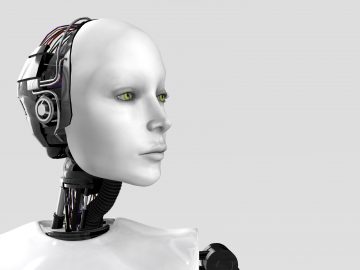by Fabio Tollon

Human beings are agents. I take it that this claim is uncontroversial. Agents are that class of entities capable of performing actions. A rock is not an agent, a dog might be. We are agents in the sense that we can perform actions, not out of necessity, but for reasons. These actions are to be distinguished from mere doings: animals, or perhaps even plants, may behave in this or that way by doing things, but strictly speaking, we do not say that they act.
It is often argued that action should be cashed out in intentional terms. Our beliefs, what we desire, and our ability to reason about these are all seemingly essential properties that we might cite when attempting to figure out what makes our kind of agency (and the actions that follow from it) distinct from the rest of the natural world. For a state to be intentional in this sense it should be about or directed towards something other than itself. For an agent to be a moral agent it must be able to do wrong, and perhaps be morally responsible for its actions (I will not elaborate on the exact relationship between being a moral agent and moral responsibility, but there is considerable nuance in how exactly these concepts relate to each other).
In the debate surrounding the potential of Artificial Moral Agency (AMA) this “Standard View” presented above is often a point of contention. The ubiquity of artificial systems in our lives can often lead to us believing that these systems are merely passive instruments. However, this is not always necessarily the case. It is becoming increasingly clear that intuitively “passive” systems, such as recommender algorithms (or even email filter bots), are very receptive to inputs (often by design). Specifically, such systems respond to certain inputs (user search history, etc.) in order to produce an output (a recommendation, etc.). The question that emerges is whether such kinds of “outputs” might be conceived of as “actions”. Moreover, what if such outputs have moral consequences? Might these artificial systems be considered moral agents? This is not to necessarily claim that recommender systems such as YouTube’s are in fact (moral) agents, but rather to think through whether this might be possible (now or in the future). Read more »
